This major exhibition celebrates the life and work of one of the greatest Italian designers of the 20th century, Enzo Mari, whose designs have inspired generations of creatives around the world.
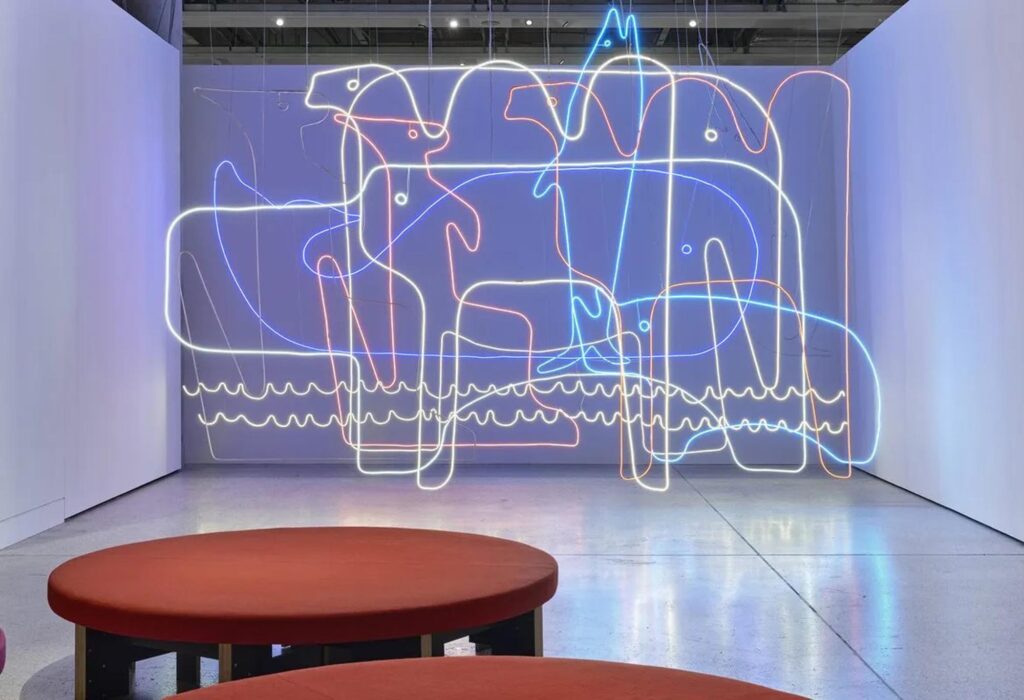
The exhibition Enzo Mari, curated by Hans Ulrich Obrist with Francesca Giacomelli, is open until 8 September 2024. Produced by Triennale Milano, it celebrates Mari’s extraordinary life and legacy bringing together hundreds of his projects including furniture, children’s books and games, product and graphic design and conceptual installation-based works.
Practical info
“Enzo Mari”
March 29 – September 8, 2024
Design Museum London
224-238 Kensington High St, London
UK
Not only one of the 20th century’s most significant designers, Mari was also an artist, teacher, theorist, and more. During his prolific career, he created countless enduring and timeless designs, filling the homes and streets of the Milanese and beyond. An outspoken critic of the design industry, his uncompromising belief in the social responsibility of design resonates powerfully today, as we face ecological and ethical issues with ever greater urgency.
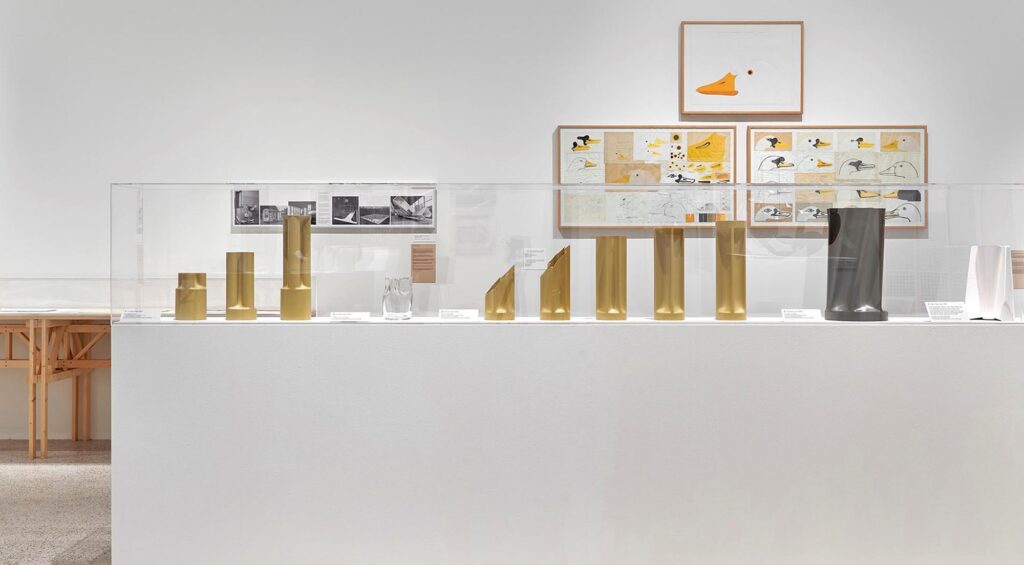
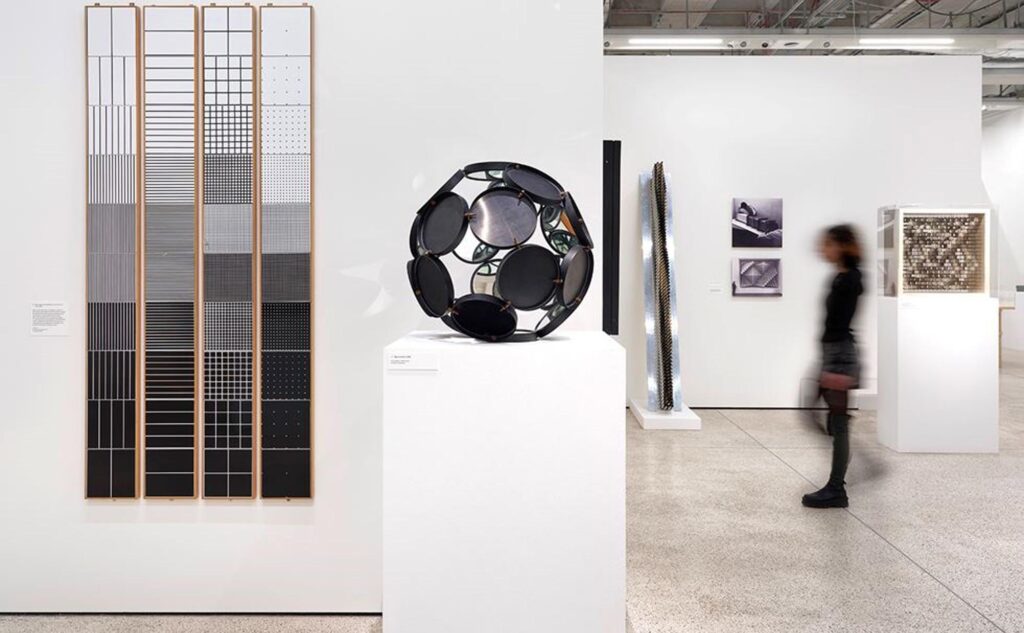
This unmissable retrospective which was produced and presented by Triennale Milano in 2020, spans Mari’s 60-year career and brings together hundreds of his projects, ranging from furniture, children’s books and games, product and graphic design, to more conceptual installation-based works. Archival material provides greater insight into Mari’s research process, and the key principles that guided and unified his work.
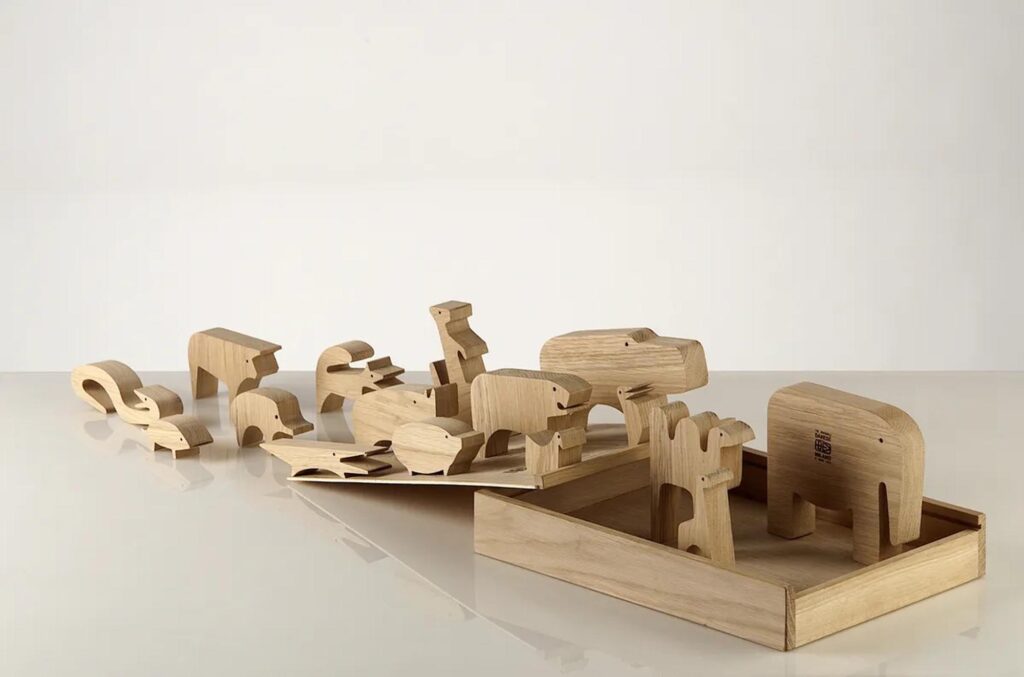
Alongside this exhibition, the museum is showcasing a related free display featuring a number of commissioned tributes from contemporary London based designers in celebration of Mari’s extraordinary life and legacy, on display at the first floor’s balcony.
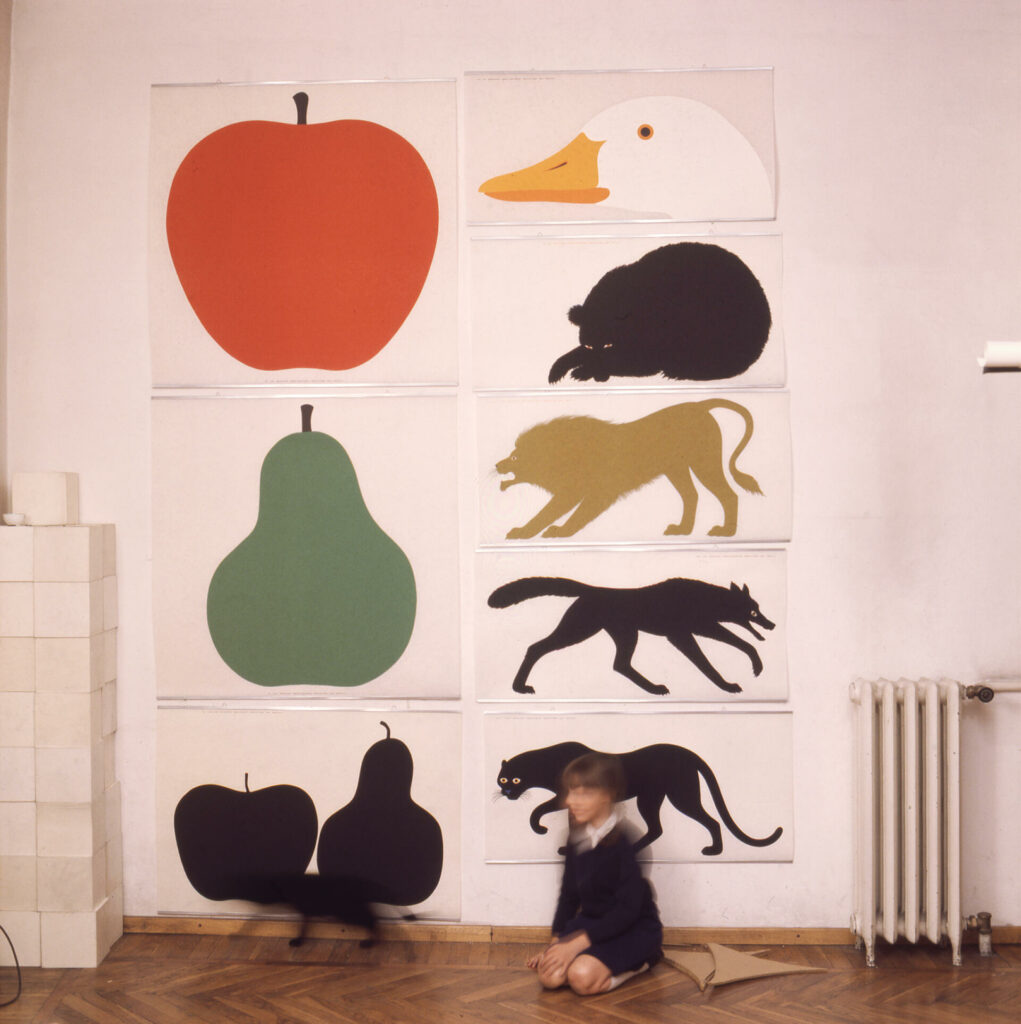
Working almost incessantly for over 60 years, Mari was an intellectual, teacher, artist, exhibition-maker and much more. He always moved freely between disciplines, and saw no distinction between the type of projects he worked on – whether it be furniture, exhibition making, product design, graphic design or artistic installations. His depth or research and relentless rigour produced a body of work like no other – and leaves a legacy that extends far beyond the realm of design.
In his early 20s, Mari enrolled at the Brera Academy of Fine Art, where he could be accepted without a high school diploma, as he had had to previously cut short his education in order to support his family. To begin with he studied painting and sculpture, but dropped out of this course as he was unsatisfied with the answers he received to his incessant questions. He finally enrolled in stage design, honing his technical drawing skills and developing his research into visual perception, experimenting with colour, volume, form and depth. Mari designed and won awards for his sets for operas by Puccini and Calderón de la Barca.
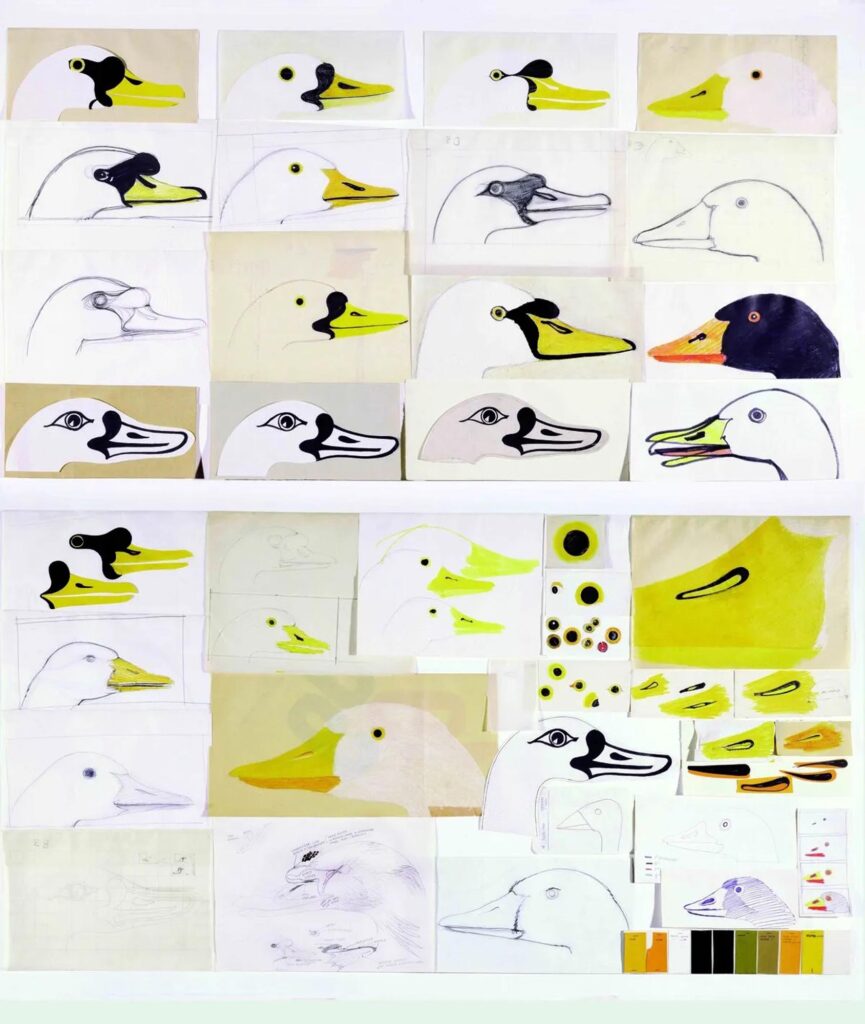
Mari thought play was not a form of amusement, but a way to understand the world. He famously said that the Nobel Prize should be awarded to two-year-olds, because he was fascinated by how quickly children learn about the world through a process of trial-and-error. As a young father in the 1950s, he noticed that many toys did not encourage creative thinking or autonomy in children, and observed how his own children’s enjoyment came from games that granted freedom in play. At first produced on a relatively small scale, Mari designed some of the most iconic children’s puzzles and books that are still in production today.
Among his contemporaries, Mari was known as ‘design’s conscience’. His lifework was advocating for the social responsibility of design and designers, who for him ought to be at the service of society, not themselves. He also thought design should elevate the experience and status of the people producing objects, and not just serve those that bought them. In fact, many of his projects were experiments in de-alienating production line work, or in restoring autonomy and creativity in workers. For Mari, these were ways to practice equality, raise collective consciousness, and ultimately transform society to be more equitable.

